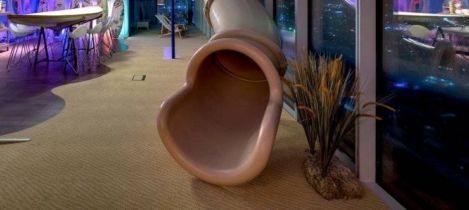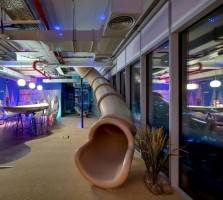September 25, 2015
Nearly half of UK workers complain of wasted time in office meetings 0
 If you’ve sat through meetings where half the participants pay more attention to their phone than the people in the room you’re not alone. A recent YouGov study commissioned by arvato UK found an ‘always on’ culture and raft of distractions at people’s fingertips mean an average 33 percent of workers confess to checking personal emails, social media or sending personal SMS messages during meetings. An astounding six percent of workers find it such a struggle to stay focused they even take naps during meetings. And despite new technology causing a distraction, old technology also plays a role in meeting efficiency, with almost half of workers (45 percent) experiencing delays and interruptions due to IT issues. A lack of discipline and poor adherence to best practice processes is another challenge, with 43 percent of UK employees regularly experiencing meetings that start late or overrun.
If you’ve sat through meetings where half the participants pay more attention to their phone than the people in the room you’re not alone. A recent YouGov study commissioned by arvato UK found an ‘always on’ culture and raft of distractions at people’s fingertips mean an average 33 percent of workers confess to checking personal emails, social media or sending personal SMS messages during meetings. An astounding six percent of workers find it such a struggle to stay focused they even take naps during meetings. And despite new technology causing a distraction, old technology also plays a role in meeting efficiency, with almost half of workers (45 percent) experiencing delays and interruptions due to IT issues. A lack of discipline and poor adherence to best practice processes is another challenge, with 43 percent of UK employees regularly experiencing meetings that start late or overrun.


























 The allure of London for Generation Y appears to be fading, according to
The allure of London for Generation Y appears to be fading, according to 








September 28, 2015
A review of the CIFF office design show 2015 in Shanghai 0
by John Sacks • Comment, Events, Furniture, Workplace design
(more…)